- What We Do
- Agriculture and Food Security
- Democracy, Human Rights and Governance
- Economic Growth and Trade
- Education
- Environment and Global Climate Change
- Gender Equality and Women's Empowerment
- Global Health
- Humanitarian Assistance
- Transformation at USAID
- Water and Sanitation
- Working in Crises and Conflict
- U.S. Global Development Lab
Speeches Shim
The USAID Tuberculosis (TB) program works in coordination and collaboration with a diverse group of stakeholders to help countries end TB by 2030.
USAID’s Global Accelerator to End Tuberculosis
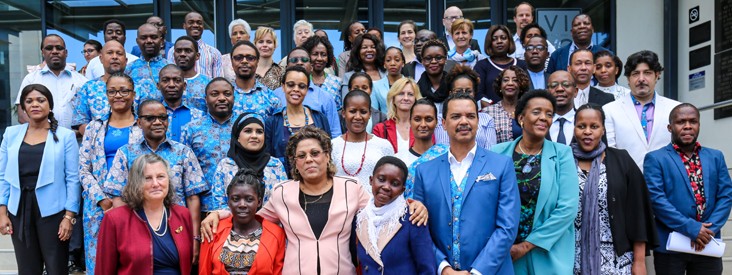
Country Partnership Statements
USAID’s investments are most successful when partner governments match them with their own strong commitments. To align our investments better with national priorities to meet the targets of the United Nations High Level Meeting (UNHLM) on TB and to ensure greater accountability towards program implementation, USAID is formalizing the collaboration efforts with governments through Partnership Statements.
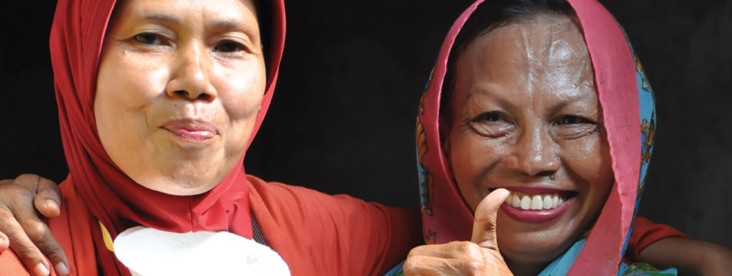
Local Organization Network (LON) [PDF, 88K]
The TB Local Organizations Network (LON) allows for a series of cooperative agreements. Through LON, USAID partners directly with local organizations in USAID TB priority countries to implement locally generated solutions to improve TB diagnosis, treatment, and prevention. LON creates new partnerships and opportunities to address the challenges of TB, makes sustainable improvements in TB services by accelerating the transition to local accountability and ownership, and assists countries as they progress on their Journey to Self-Reliance.
For more information and the complete Annual Program Statement (APS), please visit: https://www.grants.gov/web/grants/search-grants.html?keywords=7200AA19APS00001
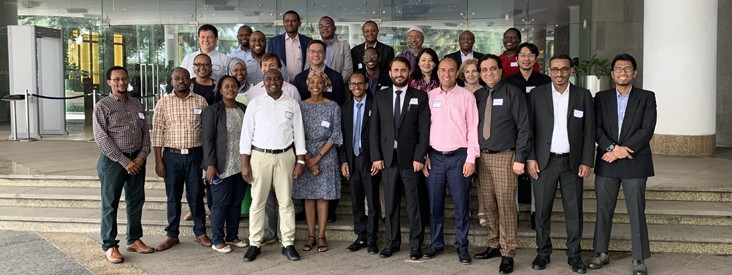
Sustaining Technical and Analytic Resources (STAR)
A bureau-wide cooperative agreement (2018-2023), the Sustaining Technical and Analytic Resources (STAR) award is used by USAID Missions to second technical advisors to key positions within National TB Programs and other strategic positions to address bottlenecks, build capacity within government health systems, and maximize the impact of interventions to improve TB services.
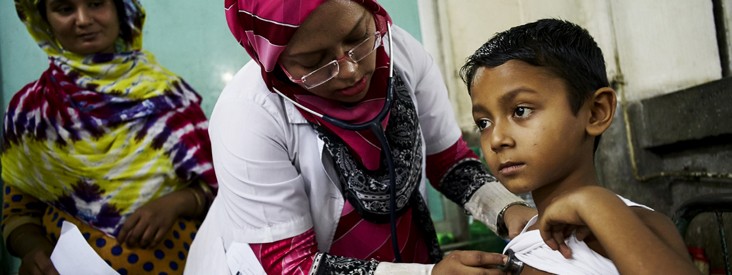
Tuberculosis Data, Impact Assessment and Communications Hub (TB DIAH)
A cooperative agreement (2018-2023), the TB Data, Impact Assessment and Communications Hub (TB DIAH) award is focused on developing a TB data hub that will ensure optimal consolidation and analysis of TB data and the appropriate use of such information to measure and evaluate performance and inform national TB programs (NTP) and USAID portfolio interventions and policies. Improved analysis of TB data will enable USAID, national TB programs (NTPs), and other key national and global stakeholders to support the planning for, and effective implementation of, TB interventions. The project is designed to improve the use of data for decision making.
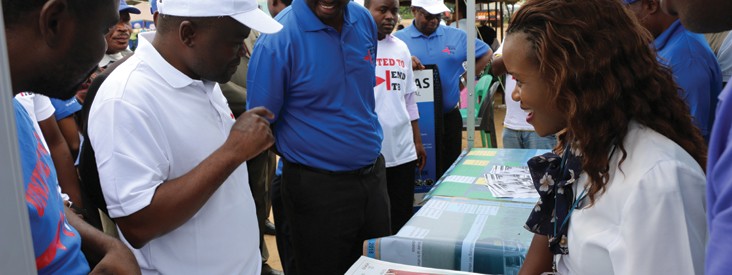
Tuberculosis Implementation Framework Agreement (TIFA)
A cooperative agreement (2019-2024) the TB Implementation Framework Agreement (TIFA) project will improve government capacity and commitment, leverage domestic resources to maximize impact and sustain results as we work together to achieve the global target of treating 40 million people with TB by 2022. TIFA will emphasize host government ownership and accountability of the TB programs in priority countries.
Supporting Partners and Projects
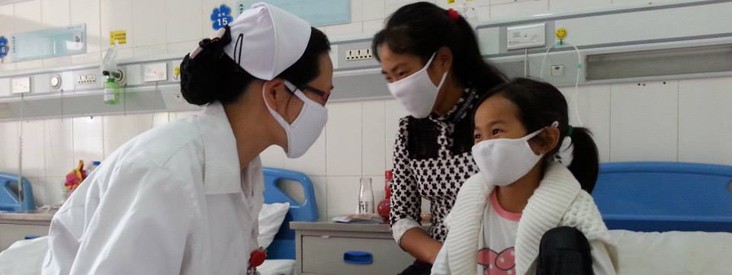
Control and Prevention of Tuberculosis (CAP-TB)
A cooperative agreement (2011- 2021), the Control and Prevention of TB (CAP-TB) project is focused on developing a model for multidrug-resistant tuberculosis to improve rapid detection and treatment outcomes for this disease in Asia. The model is a person- centered, community-driven model to strengthen health systems and TB platforms.
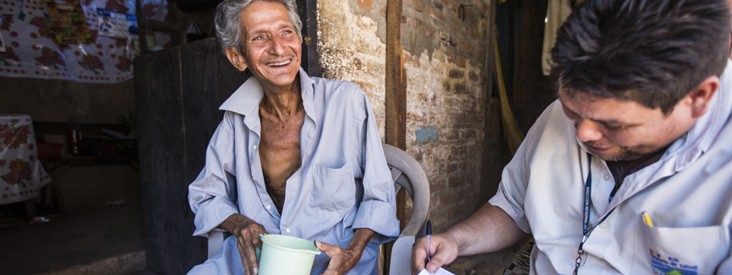
Global Fund to Fight AIDS, Tuberculosis and Malaria (Global Fund)
The U.S. government has been the largest donor to the Global Fund to Fight AIDS, Tuberculosis and Malaria (Global Fund) since 2002. Close coordination with the Global Fund is an integral part of the USG Global TB Strategy. Global Fund TB grants and USAID bilateral TB work plans are complementary in filling financial gaps identified in the National TB Program strategic plan. The coordination of resources and activities have enabled the provision of direct technical assistance to Global Fund grantees in implementing grants and removing bottlenecks to progress.

Johnson & Johnson and Janssen Pharmaceuticals
USAID collaborates with the Johnson & Johnson affiliate, Janssen Therapeutics, Division of Janssen Products, LP, to step up the fight against the health threat of antibiotic-resistant bacteria, specifically that seen in multidrug-resistant tuberculosis.
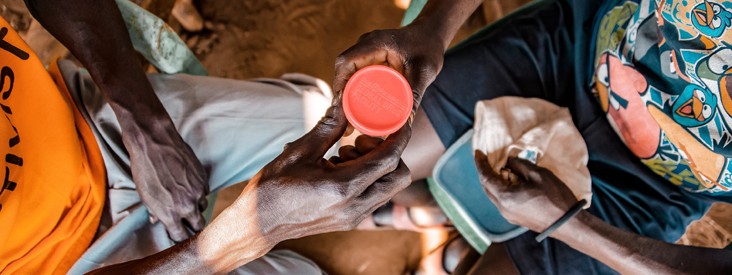
Infectious Disease Detection and Surveillance (IDDS)
A contract (2018-2023), the Infectious Disease Detection and Surveillance (IDDS) project works to support the strengthening of disease detection networks and identification of antimicrobial resistance (AMR) in priority infectious diseases, and to improve the quality of real-time surveillance systems for pathogens of greatest public health concern, including AMR and zoonotic diseases.
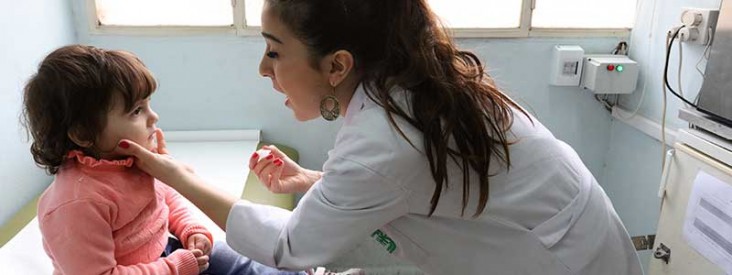
Promoting the Quality of Medicines Program (PQM)
A bureau-wide cooperative agreement (2009-2020), Promoting the Quality of Medicines (PQM) project is focused on addressing the growing challenge posed by the proliferation of counterfeit and substandard medicines. By providing technical leadership to developing countries, PQM helps to build local capacity for strengthening drug quality and assurance systems and increasing the supply of quality medicines to priority USAID health programs.
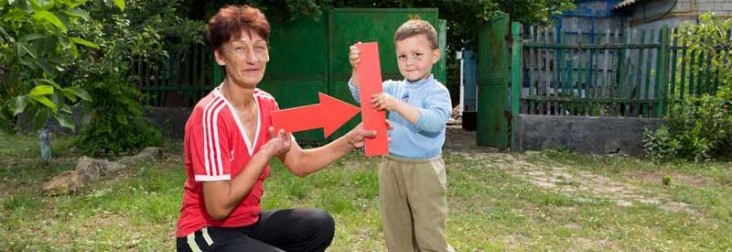
Stop TB Partnership (STP)
As a Stop TB Partnership (STP) member, USAID provides funding and technical assistance to more than 40 countries to strengthen the implementation of the Stop TB Strategy and support the expansion of the Partnership’s mission through advocacy, communication and social mobilization, delivery of health services, research and development, and community engagement.
USAID supports the STP through grant funding (2015-2022) focused on supporting the Global TB Drug Facility (GDF) and technical activities of the Partnership Secretariat including global communications; advocacy, communication and social mobilization; building national partnerships; and the Challenge Facility for Civil Society. With this support from USAID, the GDF helps ensure manufacturers produce sufficient quantities of second-line drugs to meet the needs of countries as they scale up their TB treatment programs. To date, USAID and the GDF have facilitated increased availability of TB drugs and a 32 percent drop in the price of second-line drug treatments for TB.
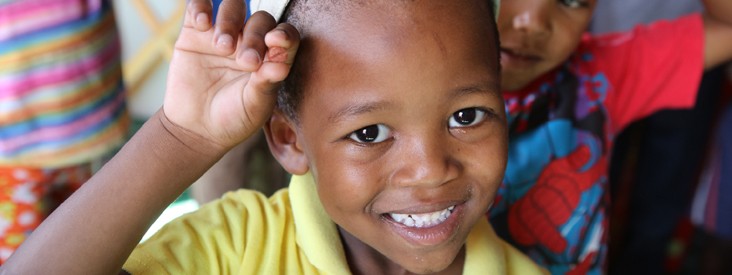
TB Alliance
A cooperative agreement (2008-2022), the TB Alliance is focused on supporting trials of promising new anti-TB medicines and activities to accelerate the availability of pediatric TB drug formulations. Through this partnership with the TB Alliance, USAID contributes to the development of new, simpler and faster acting TB drug regimens. This partnership combines the research and development expertise of the TB Alliance with the skills and resources of partners in multiple sectors to accelerate TB drug development.
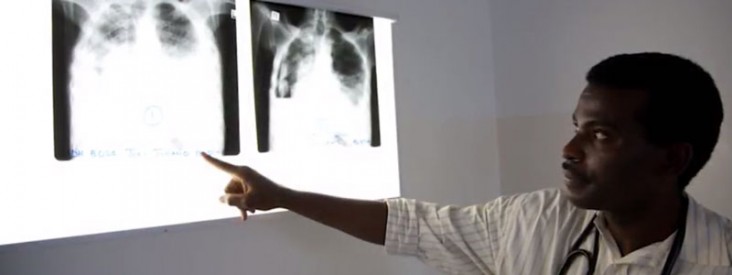
TB CARE II
A cooperative agreement (2010-2020), the TB CARE II project is focused on providing technical assistance and global technical leadership on key focus areas, including DR-TB and infection control and prevention. USAID's TB CARE II aims to provide global leadership and support to National TB Programs and other stakeholders to accelerate the implementation of TB, TB-HIV co-infection and multi-drug resistant TB (MDR-TB) services while focusing on innovative technological approaches to improve TB case detection and treatment, with a particular emphasis on interventions related to infection control and programmatic management of drug-resistant TB.
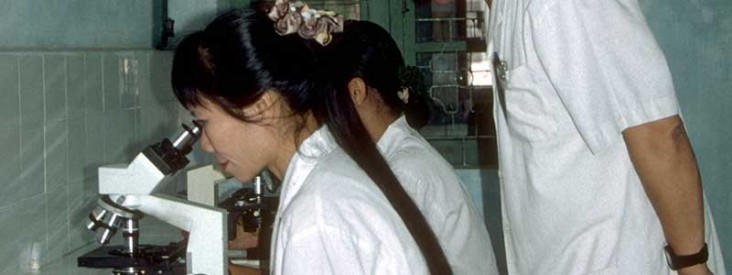
TREAT TB
A cooperative agreement (2008-2021), the Technology, Research, Education and Technical Assistance for Tuberculosis (Treat TB) project is focused on developing and implementing sound TB research through field evaluations of diagnostic tools; clinical trials of priority research questions; and targeted operational research benefitting global, regional, and country TB control efforts. The project aims to build a successful TB research partnership model to help stimulate changes in international standards and practice in ways that serve countries’ needs.
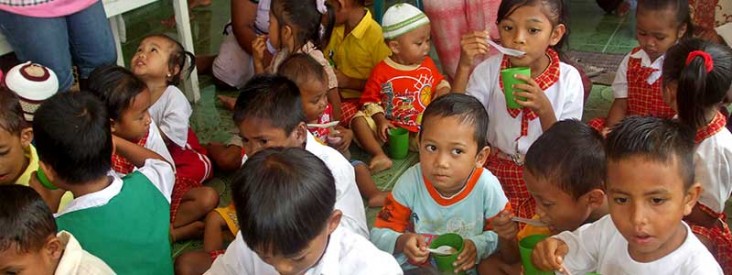
World Health Organization
The World Health Organization (WHO) provides global leadership on matters critical to TB; develops evidence-based policies and standards for TB prevention, care, and control; and stimulates the creation and dissemination of valuable knowledge related to TB. USAID provides funding, through a grant with the WHO Global TB Program (2009-2020), to several WHO TB initiatives and works closely with WHO and country partners to implement TB prevention, diagnostic and treatment protocols.
Past Projects
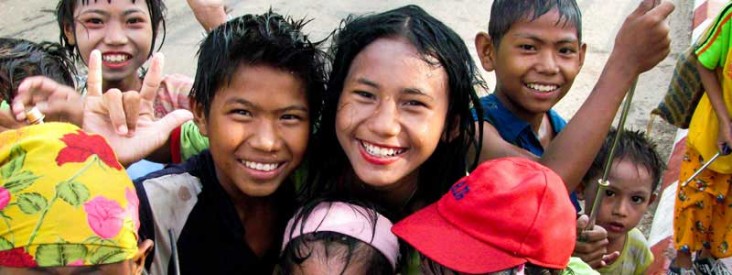
Challenge TB
A cooperative agreement (2014-2019), the Challenge TB award focused on providing technical assistance and global technical leadership in 22 countries and two regions, working with National TB Programs to achieve the targets in National TB Strategic Plans and the objectives and milestones of the USG TB Strategy and the National Action Plan to Combat Multi-Drug Resistant TB (MDR-TB). This project served as the flagship project for the USAID TB portfolio.

Comment
Make a general inquiry or suggest an improvement.